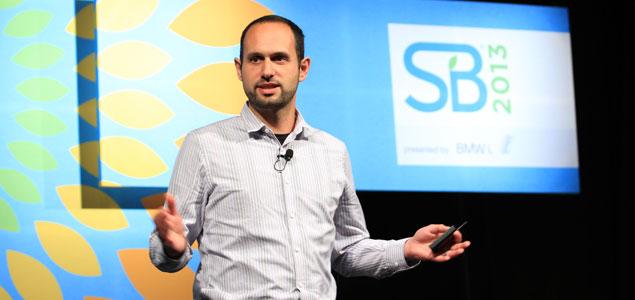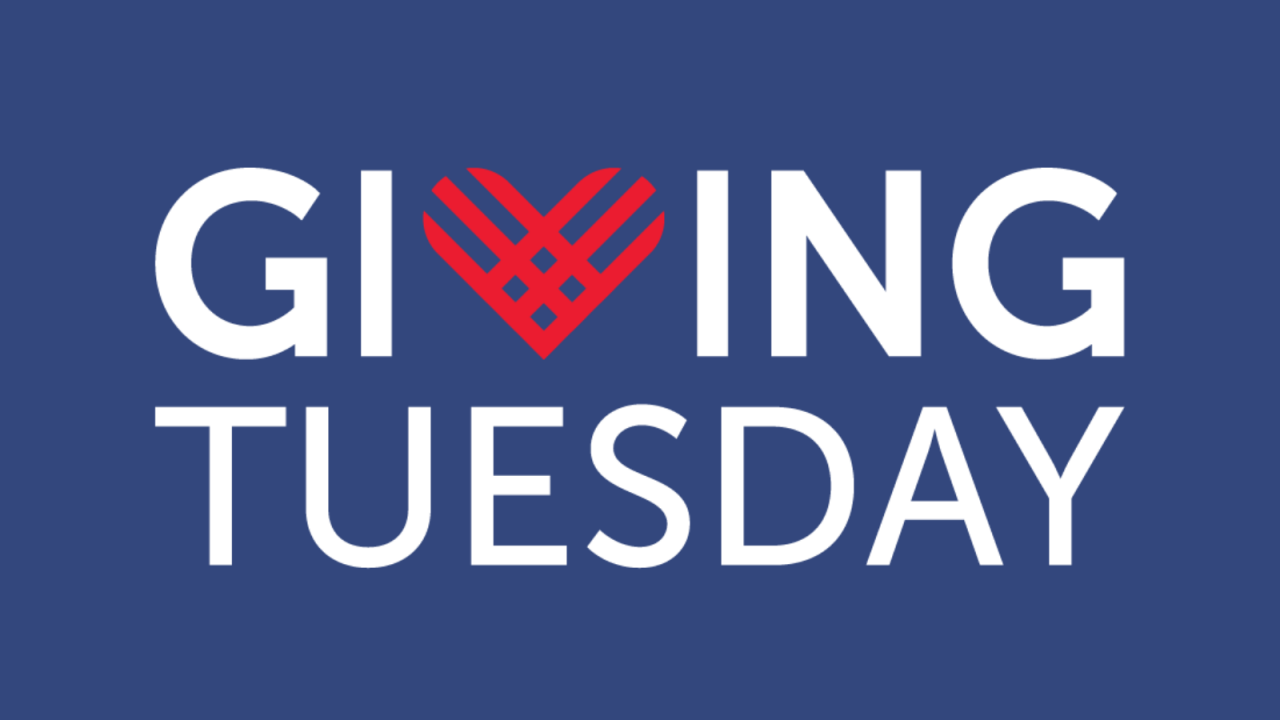Inspiration Break: Jonah Sachs of “Free Range” on Storytelling
Inspiration Break: A series of interviews with Nonprofits thought leaders.
For our second interview, we had the opportunity to speak with Jonah Sachs — globally recognized author, designer, as well as the co-founder and CEO of Free Range, an innovative design studio that focuses on advertising social brands through brilliant storytelling strategies. He is also the author of “Winning the Story Wars: Why Those Who Tell (And Live) the Best Stories Will Rule the Future”.
What makes a great story?
Great stories teach us something about how the world works. They teach us a deep truth so that we say, “That’s my truth too.” Good stories allow us to learn from characters who are as imperfect as we are, in a world as unpredictable as our world.
What are the advantages or disadvantages in storytelling for nonprofits, as opposed to for-profits?
The most successful stories, as Joseph Campbell pointed out, are about regular people who go on an extraordinary adventure and find a way to heal the world. Think Luke Skywalker or Dorothy. People love to hear these stories because they make us believe we can be heroes in our own lives. Values-based stories rule, and that gives nonprofits a natural advantage — because they too allow ordinary people to make the world better. Also, aren’t stories about helping people and the planet inherently more emotional than stories about electronics and clothes?
Can you share the best example of storytelling that you’ve seen in the nonprofit space?
I just watched “How to Change the World” — the genesis story of Greenpeace. What they did back in the 70s and 80s was a kind of “activism as theater” that really shows the best of what storytelling can be. They had no power to stop whaling or end nuclear testing. But they knew how to craft themselves into compelling characters on insane missions. These missions were drama filled, emotional and totally symbolic. But the media totally overlooked the symbolic bit and covered them as high stakes news. This completely changed global consciousness on these key issues and riveted world attention. No amount of fact spouting and technical speak could ever have accomplished anything like that.
Say I’m in charge of a nonprofit and I want to rethink how to tell its story. What’s the first thing I should do?
The first thing I do is ask my clients to rethink the hero of their own story. Stop talking about how great your organization is and start talking about how great your supporters can be through relationship with you. Don’t try to scare them or guilt them — those kinds of stories rarely work. Instead, tell stories that show they have the power to change the world — and not just by giving your organization money (that again makes you the hero.)
How does Free Range Studios approach working with nonprofits? For instance, could you discuss your work with USA for UNHCR?
First, we work with nonprofits to see their entire organization as a story unfolding between them and their audiences. We help them identify the moral of their story. What is that core, values-based truth they stand for that can give their supporters an emotional experience and that can truly change the world? We help organizations re-define themselves as mentors — Obi Wan Kenobis, if you will — who help these heroes heal the world by showing them the path.
We also help nonprofits surface emotional, human-scale and simple stories that make their work tangible and compelling. It’s not always easy to show your work playing out in real people’s lives, but it can be done and it is necessary.
For USA for UNHCR, we helped them re-architect their website so that people could experience refugees not as targets of pity, but as real human beings with real stories. We wanted to help supporters see the work as critical and effective through the impactful stories we told.
This last one’s for fun. What’s your favorite story to tell at a cocktail party?
I like to tell the story of how I almost killed myself climbing on a car when I was four and got impaled in the stomach on the antenna. What was I doing on the car? Playing in a parking lot? Why was I playing in a parking lot? Because my parents wanted to sit at dinner and I was getting restless. The moral of the story: parenting sure has changed since the 70s.
Keep your eye out for more inspiration breaks and tell us who you’d like to hear from next!





















